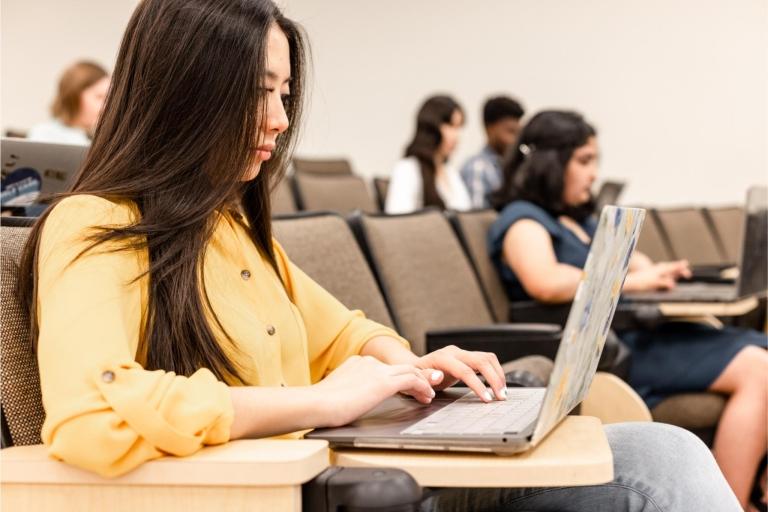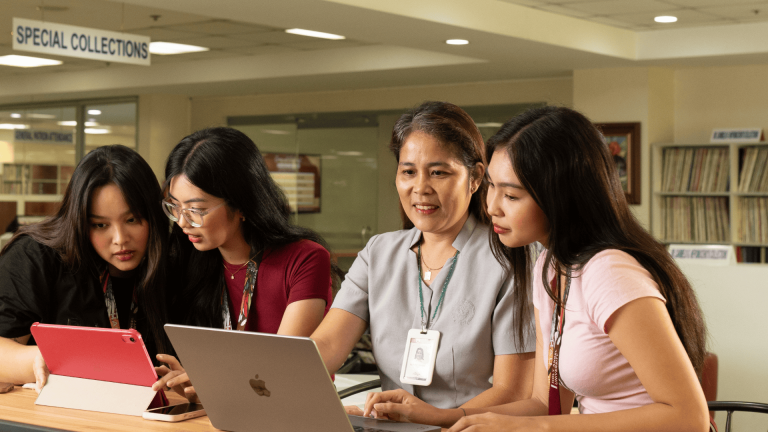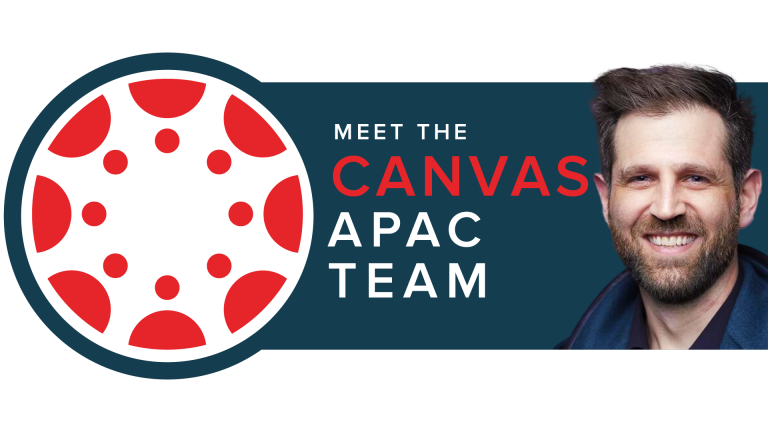
Published in the Philippines’ ManilaTimes on April 11, 2024
A University degree has long been seen as the best path to high-salary job opportunities and higher lifelong earning potential. However, this perception and the way employers are hiring are shifting worldwide, and the Philippines is no exception. According to the latest global study from Hanover Research for Instructure, makers of Canvas learning management system (LMS), in the Philippines, students are most likely to consider certificates (43%) and internships (39%) when looking for skills-based opportunities for career advancement.
As the country works to address the potential influx of jobs that the tech industry is expected to create ( 1.1 million new jobs by 2028), the need to upskill or re-skill workers across the country will be crucial. In the past decade, we’ve seen companies like Google lead a significant shift in hiring practices. This shift is also evident among Fortune 500 and PSEi Top 30 companies, driving changes in how we prepare learners for emerging careers.
To address this challenge, the Philippine Development Plan 2023-2028 outlines investment in innovative learning modalities in higher education, and calls on Higher Education Institutions to bridge the gap through the implementation of experiential learning programs - ”[...] the implementation of the student internship in the Philippines and abroad shall be improved so that students are able to translate their theoretical learnings into practice. HEIs shall ensure that they will produce lifelong learners who are locally responsive, innovative, and globally competitive.”
Experiential Learning
Why internships and how universities can foster them?
Internships and other skills programs fall under the curriculum category of Experiential Learning, which emphasizes learning through direct experience. By engaging students in hands-on experiences and reflection, they are better able to connect theories and knowledge learned in the classroom to real-world situations. Although not a new concept, not all traditional university programs incorporate on-the-job learning. Experiential learning opportunities exist in a variety of course and non-course-based forms and may include community service, service-learning, undergraduate research, study abroad/away, and culminating experiences such as internships, student teaching, and capstone projects, to name a few.
Universities can incorporate degree internships, tying the traditional degree curriculum to practical experience with employers. By using a fully-featured LMS, universities can integrate internship opportunities into existing degree programs and collaborate with employers to tailor curriculum elements to the specific skills and knowledge needed for these positions. In the same way, an LMS can help reduce costs by minimizing the reliance on physical materials and traditional classroom settings for both educational institutions and employers.
When internship programs incorporate online learning as a part of the curriculum using LMSs, such as Canvas, and other technologies, they allow interns to access resources, materials, and training modules remotely, complementing their practical experience in a more flexible way. This flexibility is essential for interns with work commitments who must balance their learning with their jobs. Additionally, as technology and industries evolve, LMSs make it easier to update and adapt internship programs rapidly, ensuring that interns are equipped with the most current skills and knowledge.
Alternative routes to education foster accessibility
Providing non-traditional routes to education creates opportunities for a diverse range of learners, including those with unique learning styles, varying age groups, or financial constraints hindering university degree pursuits.
Offering internships, certificates, and micro-credentials enables many talented individuals, previously excluded from higher education, to showcase their abilities and embark on successful career paths or make career changes throughout their lifelong learning journey.
Whether an individual is transitioning from secondary school, aiming for a career promotion, venturing into a new professional path, or returning to the workforce after a career break, the availability of alternative education routes offers broader access to education and active participation in the rapidly evolving world of work.
Despite the clear benefits of internships, challenges remain in the Philippines, including perceptions that certain industries are more desirable than others. This underlines the important role of institutions in enhancing accessibility to ensure equal learning opportunities for all learners throughout their educational journeys.
Related Content
 philippines_ched_cmo.png
philippines_ched_cmo.pngBlogs
 meet-canvas-apac-team-avi.png
meet-canvas-apac-team-avi.pngBlogs
 mom_and_baby_with_laptop_2.jpg
mom_and_baby_with_laptop_2.jpgBlogs
